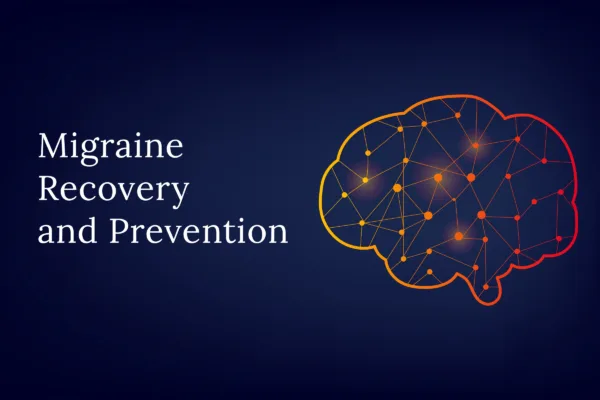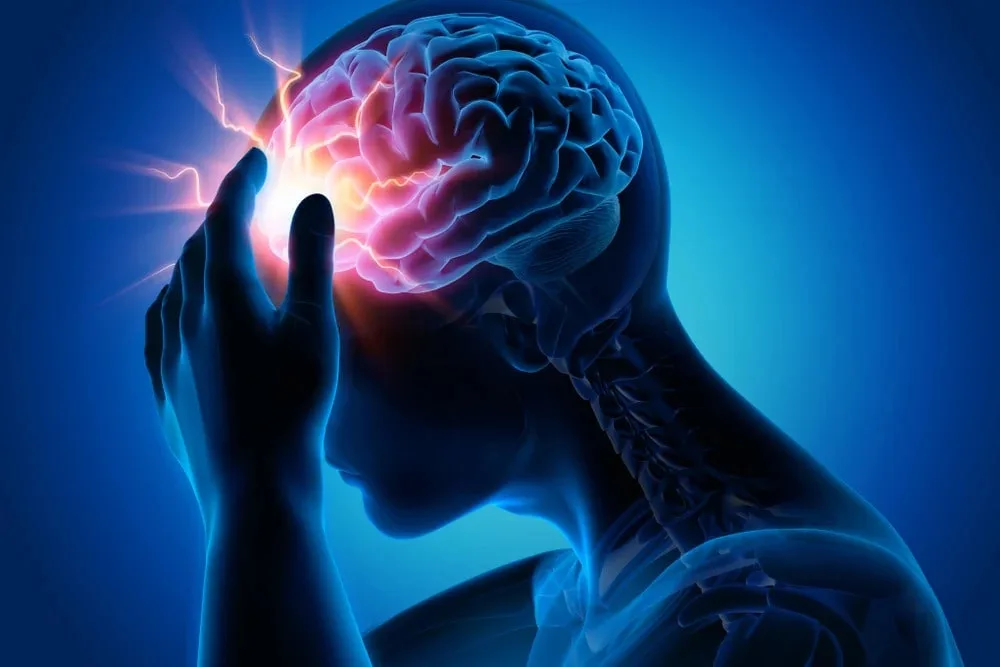Most migraine sufferers experience changes in their vision, pulsating or throbbing pain on one or both sides of the head, sensitivity to light and sound, nausea, and vomiting—these are all common symptoms.
But if your experience is much more severe or if you feel anything unusual, it might be best to go to the emergency room for relief and proper treatment. Although ER physicians don’t specialize in headache medicine, they at least alleviate the symptoms before referring you to a chronic headache specialist.
When should you go to the ER for your migraine?
It’s crucial to seek immediate emergency medical attention if you experience symptoms that could indicate a stroke or brain aneurysm. Watch out for these signs:
- Difficulty speaking or understanding speech, with sudden confusion
- One side of your body suddenly feels numb or weak
- You suddenly have a severe headache for no apparent reason
- Sudden loss of coordination or balance, dizziness, and trouble walking
- Sudden blindness
You should also go to the ER if the pain has become so severe to the point that home remedies and regular painkiller medicines are not that effective anymore. Healthcare professionals can administer stronger, prescription-only medications that can provide more effective relief.
It is especially important to go to the ER if you experience severe symptoms alongside your headache, such as stiffness in the neck, high fever, confusion, or difficulty speaking. These symptoms may indicate a more serious condition requiring immediate medical attention.
Other options
The ER can be an overwhelming place to be if you have a migraine. The chaotic environment has bright lights, noise, and odours that cause sensory overload, which is the last thing you want to experience.
Assuming your symptoms are not so severe, you can visit a headache migraine clinic. This specialized medical facility offers a quieter, more controlled environment tailored to the needs of headache sufferers. It is staffed by specialists who focus specifically on headache and migraine management, providing treatments that are often more targeted and effective than general emergency care.


















